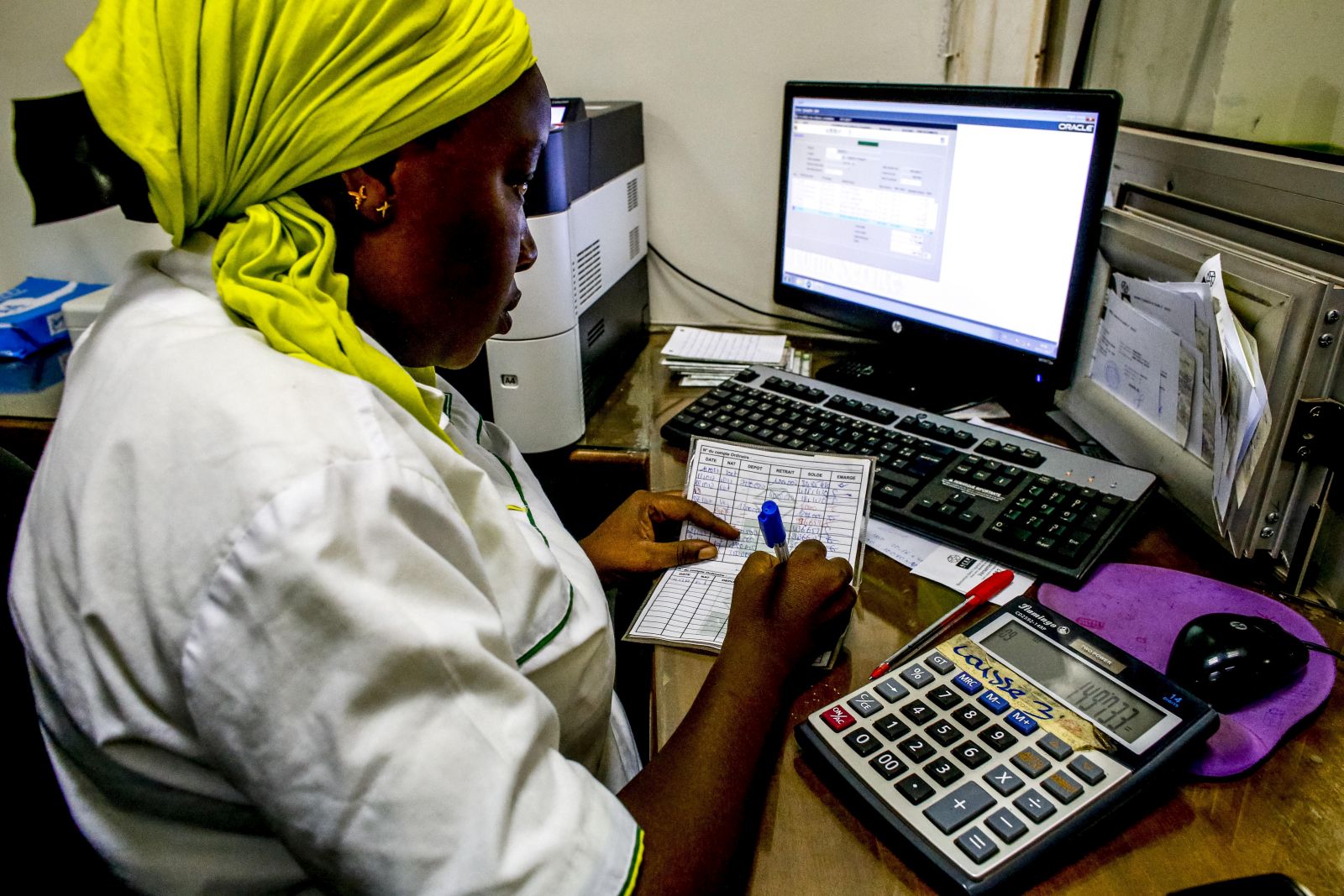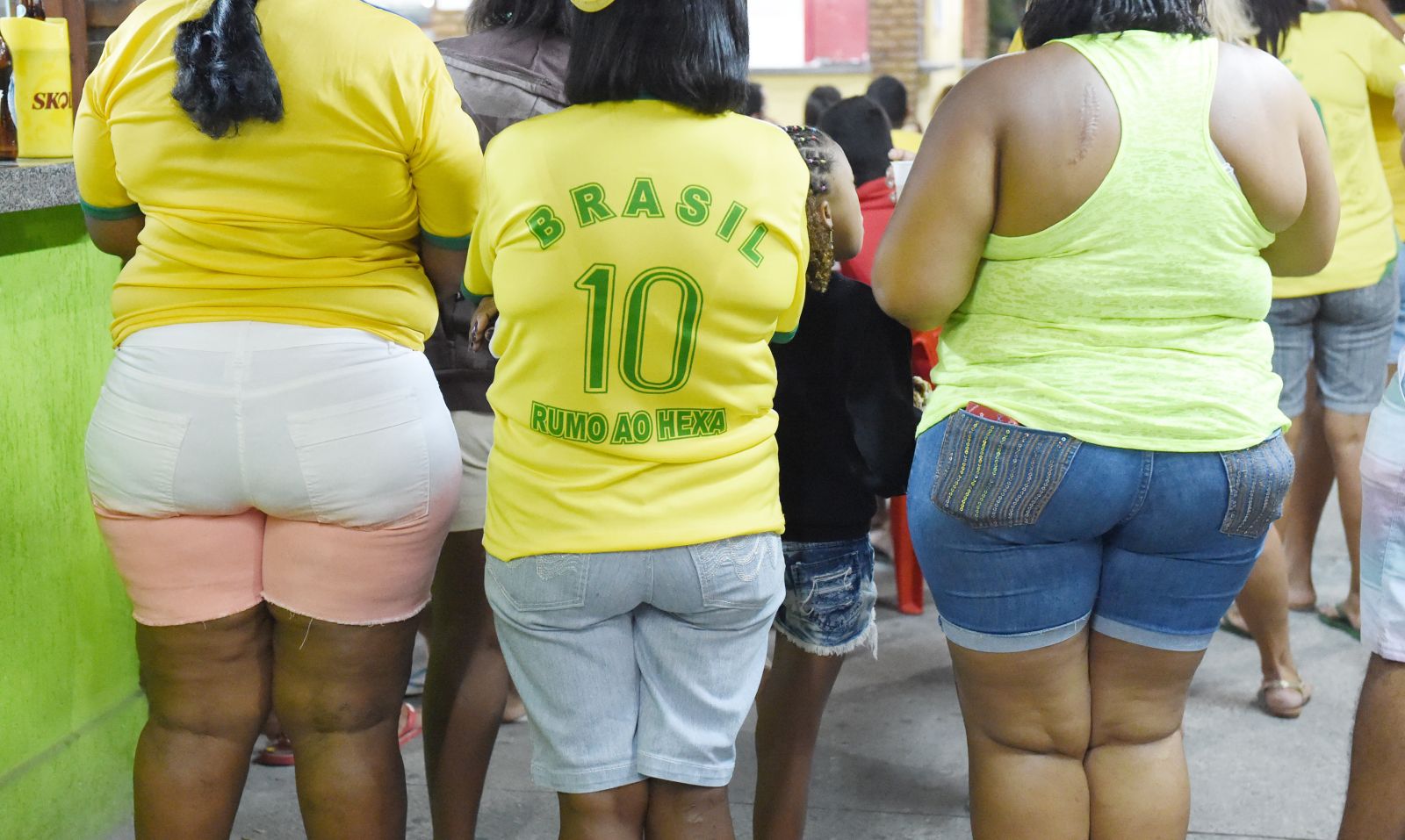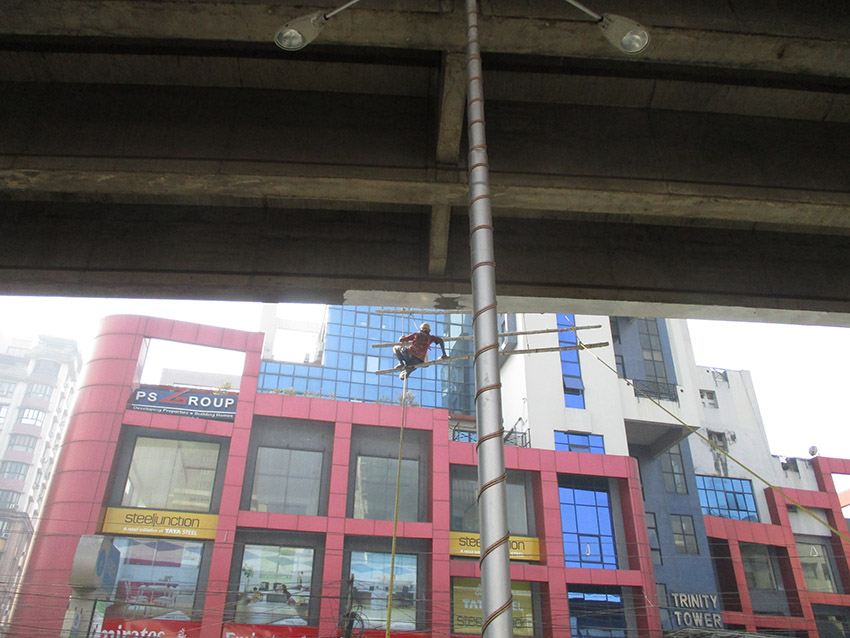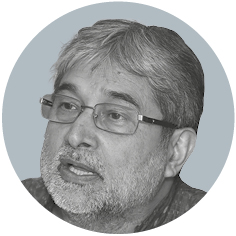Environment
Running dry
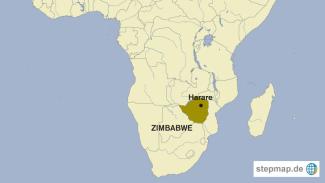
According to the U.N.’s World Food Programme, more than half of the country’s 15 million people need food aid as a result of severe drought related to climate change. Many farmers cannot grow crops due to lack of water. Meanwhile annual inflation has spiked to over 500%, threatening the survival of people in all walks of life.
Residents across the country are resorting to desperate measures to find water. Harare resident Dyton Murwira, 64, regularly queues for hours at a borehole drilled by city officials. After filling three 20-liter buckets of water, he loads them onto a wheelbarrow and slowly wheels them home.
It is a difficult task but he has no choice. Tap water is available only three days a week. His sole option for the remaining days is to seek water at the local borehole.
The current drought began around two years ago. It has been made worse by requirements to fight the Covid-19 pandemic. Officials urge residents to wash their hands using running water – an impossible task for many. “This doesn’t make sense at all, as running water is just not there,” Murwira says.
Other residents try to buy water from dealers who source it from faraway lakes and dams. But water vendors charge up to $100 for a 1000-liter water tank, which many city dwellers cannot afford.
Still others try drilling wells near their homes in hopes of tapping into groundwater. “Sourcing water from a well in my yard is now the norm, since more often than not the taps are dry,” says Harare resident Regina Mukaro, 41.
Human rights activists accuse city and national authorities of failing to meet their obligation to provide clean water, for example by obtaining chemicals to purify water from dams and lakes. Activist Melford Tandare notes that Section 77 of Zimbabwe’s Constitution guarantees access to clean, drinkable water. “This is an abuse,” he says of the persistent water shortages.
Stress over water is spilling over into other areas of life. “Married women are spending long hours even at night queuing for water at boreholes, causing their husbands to suspect infidelity,” says sociologist Martin Mativavi.
The country desperately needs upgrades to its infrastructure for supplying water. Zimbabwe’s major cities, including Harare, Masvingo, Bulawayo and Gweru, depend on dams built more than 40 years ago. At the time, these cities’ populations were less than half of what they are today.
Five years ago, the Export-Import Bank of China lent $144 million loan to Zimbabwe to upgrade Harare's water and sewer systems.
But $72 million of the loan disappeared as council officials bought luxury cars. The Chinese government then withheld the rest of the loan despite pleas from Zimbabwe to release the funds.
So Zimbabwe’s citizens continue to labour under the burden of severe water shortages. And with climate change making the weather increasingly unpredictable, there is no end in sight to their suffering.
Jeffrey Moyo is a journalist based in Harare.
moyojeffrey@gmail.com
Normal 0 21 false false false EN-US X-NONE X-NONE /* Style Definitions */ table.MsoNormalTable {mso-style-name:"Normale Tabelle"; mso-tstyle-rowband-size:0; mso-tstyle-colband-size:0; mso-style-noshow:yes; mso-style-priority:99; mso-style-parent:""; mso-padding-alt:0cm 5.4pt 0cm 5.4pt; mso-para-margin-top:0cm; mso-para-margin-right:0cm; mso-para-margin-bottom:8.0pt; mso-para-margin-left:0cm; line-height:107%; mso-pagination:widow-orphan; font-size:11.0pt; font-family:"Calibri",sans-serif; mso-ascii-font-family:Calibri; mso-ascii-theme-font:minor-latin; mso-hansi-font-family:Calibri; mso-hansi-theme-font:minor-latin; mso-ansi-language:EN-US; mso-fareast-language:EN-US;}

